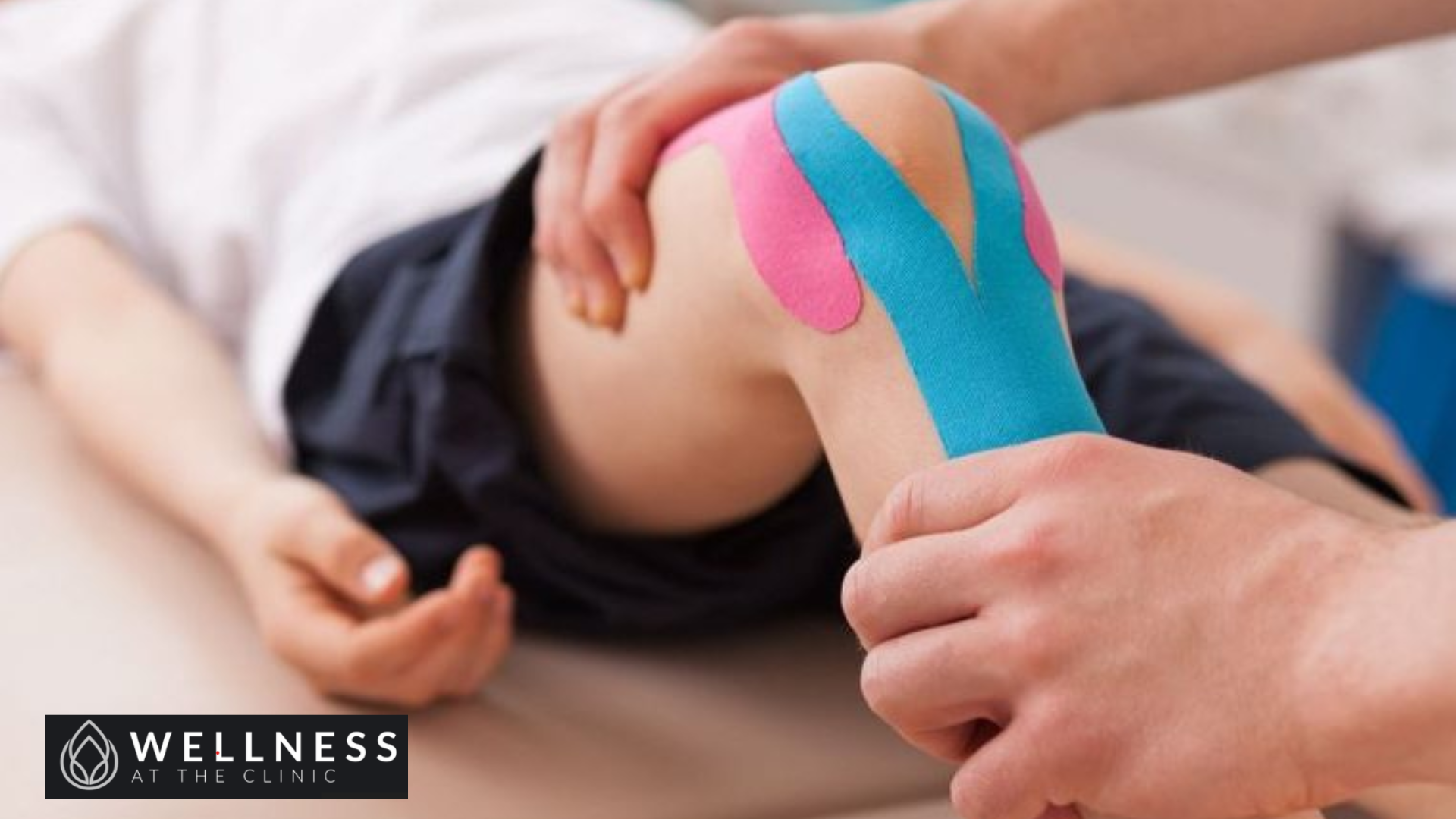
Recognizing and Managing Common Skin Conditions
Our skin is the body’s largest organ and serves as a protective barrier against external elements. However, it’s also susceptible to various conditions affecting its appearance and health. Identifying and treating common skin conditions is essential for maintaining healthy skin and preventing potential complications. This guide will discuss some of the most common skin conditions, how to recognize them, and the available treatment options. We’ll also provide tips on when to seek professional dermatology services.
1. Acne: The Most Common Skin Condition
How to Identify Acne
Acne is a skin condition when hair follicles become clogged with oil and dead skin cells. It often appears as pimples, blackheads, or whiteheads, primarily on the face, chest, and back. Acne can range from mild to severe, with more severe cases potentially leading to scarring.
Treatment Options for Acne
Acne treatment varies depending on the severity. Over-the-counter products containing benzoyl peroxide or salicylic acid are effective for mild cases. A dermatologist may prescribe topical or oral medications such as retinoids, antibiotics, or hormonal treatments for moderate to severe acne. In some cases, procedures like chemical peels or laser therapy may be recommended to reduce scarring and improve skin texture.
2. Eczema: Managing the Itch
How to Identify Eczema
Eczema, or atopic dermatitis, is a chronic condition characterized by dry, itchy, and inflamed skin. It often appears on the hands, face, neck, and inner elbows. Eczema can vary in severity, with flare-ups triggered by stress, allergens, or irritants.
Treatment Options for Eczema
Eczema treatment focuses on managing symptoms and preventing flare-ups. Regularly moisturize with fragrance-free creams or ointments to keep the skin hydrated. Topical corticosteroids or calcineurin inhibitors may be prescribed during flare-ups to reduce inflammation. Identifying and avoiding triggers, such as certain fabrics or soaps, is crucial in managing eczema.
3. Psoriasis: Understanding This Chronic Condition
How to Identify Psoriasis
Psoriasis is an autoimmune disorder that accelerates skin cell production, resulting in the formation of thick, scaly patches on the skin. These patches are often red, itchy, and sometimes painful. Psoriasis often shows up on the scalp, elbows, knees, and lower back.
Treatment Options for Psoriasis
Psoriasis treatment aims to slow down skin cell turnover and reduce inflammation. Topical treatments, such as corticosteroids or vitamin D analogs, are often used for mild cases. Systemic treatments like oral medications or biologic injections may be necessary for more severe cases. Light therapy (phototherapy) is another effective treatment option for some individuals with psoriasis.
4. Rosacea: Managing Redness and Flushing
How to Identify Rosacea
Rosacea is a chronic skin condition that causes redness and visible blood vessels on the face, particularly on the cheeks, nose, forehead, and chin. It may also lead to small, pus-filled bumps resembling acne. Triggers for rosacea flare-ups include sun exposure, hot drinks, spicy foods, and stress.
Treatment Options for Rosacea
While there is no cure for rosacea, treatment can help manage symptoms. Topical medicines containing metronidazole or azelaic acid are often prescribed to reduce redness and inflammation. Laser therapy can also be effective in reducing visible blood vessels and redness.
5. Hyperpigmentation: Addressing Dark Spots
How to Identify Hyperpigmentation
Hyperpigmentation is a common condition characterized by dark patches or spots on the skin. It occurs when excess melanin, the pigment responsible for skin color, is produced in certain areas. Hyperpigmentation can result from sun exposure, hormonal changes, acne, or injuries to the skin.
Treatment Options for Hyperpigmentation
Treatment for hyperpigmentation focuses on lightening dark spots and preventing further pigmentation. Topical medicines containing hydroquinone, retinoids, or vitamin C often fade dark spots. Chemical peels, microdermabrasion, and laser therapy are also effective options for more stubborn hyperpigmentation. Additionally, wearing sunscreen daily is essential to prevent worsening of hyperpigmentation.
6. Contact Dermatitis: Avoiding Irritants
How to Identify Contact Dermatitis
Contact dermatitis is an eczema that occurs when the skin comes into contact with an irritant or allergen. It results in a red, itchy rash that may blister or peel. Common triggers include certain soaps, detergents, cosmetics, and plants like poison ivy.
Treatment Options for Contact Dermatitis
The primary treatment for contact dermatitis is to avoid the offending irritant or allergen. A dermatologist may prescribe stronger topical or oral corticosteroids in more severe cases. Moisturizing the skin regularly and using hypoallergenic products can also help prevent future reactions.
7. Fungal Infections: Treating Athlete’s Foot and More
How to Identify Fungal Infections
Fungal infections of the skin, such as athlete’s foot, jock itch, and ringworm, are caused by dermatophytes, a type of fungus. These infections typically present as red, scaly, and itchy patches on the affected areas, often with a distinct border.
Treatment Options for Fungal Infections
Most fungal infections can be treated with over-the-counter antifungal creams, sprays, or powders. In more persistent cases, a dermatologist may prescribe oral antifungal medications. Keeping the affected area clean, dry, and well-ventilated is crucial in preventing the spread of fungal infections.
When to Seek Professional Help
While many common skin conditions can be managed with over-the-counter treatments and good skincare practices, there are times when professional help is necessary. If you experience persistent or worsening symptoms or over-the-counter treatments are ineffective, it’s essential to consult a dermatologist. A professional can provide a proper diagnosis and recommend the most appropriate treatment plan for your specific condition.
At Wellness at The Clinic, we offer expert dermatology services to help you manage and treat various skin conditions. Whether you’re dealing with acne, eczema, or any other skin issue, our experienced dermatologists are here to provide the care and support you need.
Identifying and treating common skin conditions is critical to maintaining healthy skin. By recognizing the symptoms and seeking appropriate treatment, you can manage these conditions effectively and prevent complications. If you’re unsure about your symptoms or need professional guidance, don’t hesitate to contact a dermatologist for help. Your skin deserves the best care, and with the right approach, you can achieve and maintain healthy, beautiful skin.
Read More Articles:





Leave a Reply